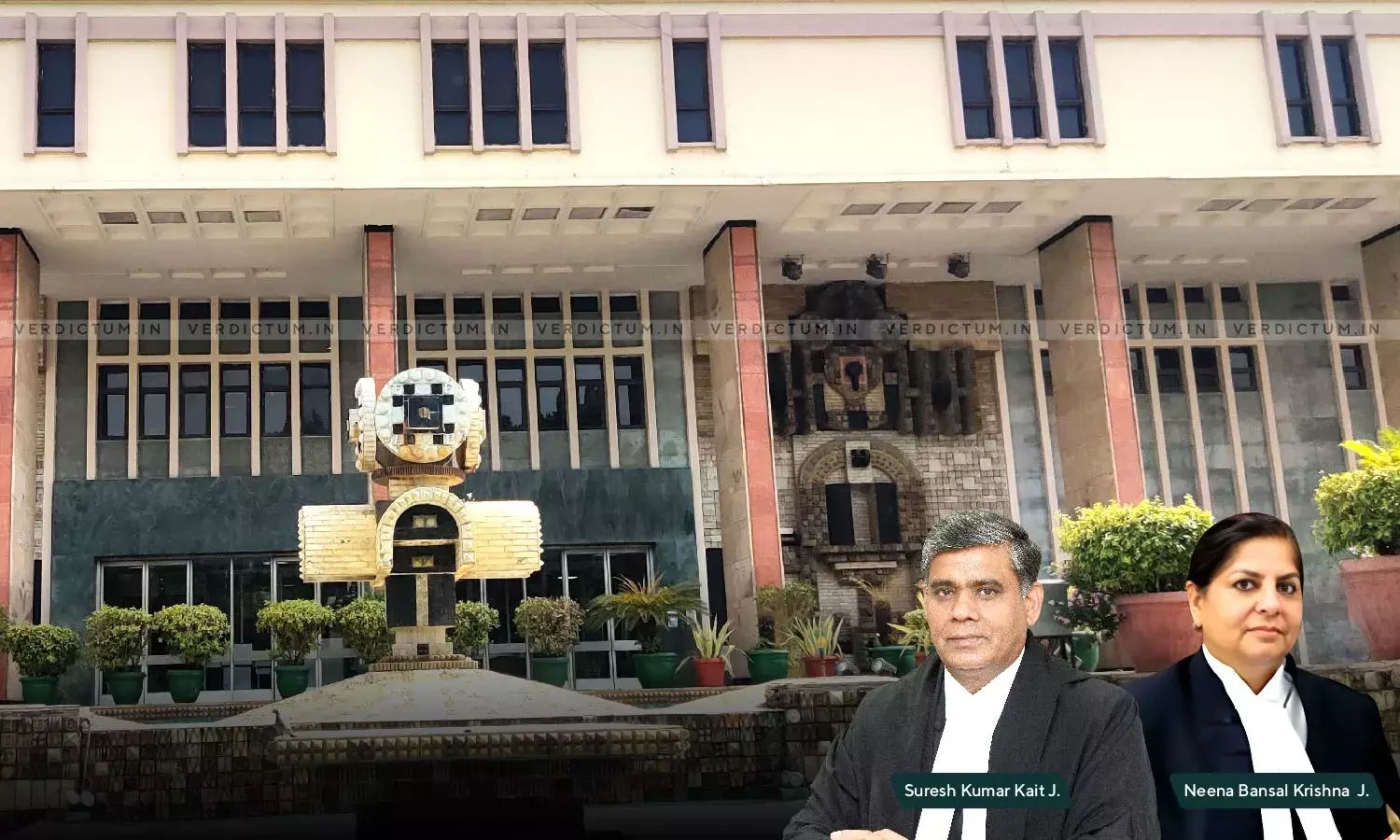Openly Calling Husband Impotent And Discussing Sexual Life In Front Of Family Members Is Mental Cruelty: Delhi HC

The Delhi High Court observed that openly humiliating the husband by calling him impotent and discussing sexual life in the presence of the family members can be termed as an act of mental cruelty.
The Court noted that discussions about sexual relations between the couple occurred soon after their marriage, which “in the Indian traditional households, it is not unnatural for the family members to start looking forward to the birth of a child soon after the marriage.”
Despite medical evidence showing the husband’s sterility rather than impotency, the Court found that the public humiliation inflicted by the wife amounted to mental cruelty. The Court had also observed that the husband on the contrary had fulfilled his matrimonial obligations by taking care of the wife during several medical procedures, despite her allegations of dowry harassment.
A Division Bench of Justice Suresh Kumar Kait and Justice Neena Bansal Krishna observed, “In the light of above discussion, we conclude that the to be openly humiliated and being called as impotent by his wife, in front of others and for the respondent to discuss their sexual life in the presence of family members, can only be termed as an act of humiliation causing mental cruelty to the appellant.”
Advocate Pratyush Chirantan represented the appellant, while Advocate Rupali Kapoor appeared for the respondent.
The husband had sought divorce from his wife on the grounds of mental cruelty citing various instances of public humiliation he suffered. The husband asserted that his wife displayed an irritable temper and a foul tongue, frequently picking fights on trivial matters. He also claimed that she publicly humiliated him by alleging impotency in front of family members.
The Court held, “The public humiliation which the appellant suffered by the knowing/ unknowing acts of respondent in terming him impotent while it was a medical condition of sterility cannot be overlooked. Rather than respecting the privacy of the appellant and being a little more discrete, such public disclosures by the respondent even if to the family members are a source of humiliation.”
The Court also took note of the wife making allegations of dowry harassment which she was not able to substantiate during the court proceedings. To this effect, the Court held that “making frivolous and false allegations against the appellant is another act of cruelty.”
The wife’s unilateral withdrawal from the matrimonial relationship without any apparent reason was deemed as an act of cruelty by the Court.
Consequently, the Court granted divorce to the husband under Section 13(1)(ia) of the Hindu Marriage Act, 1955.
Accordingly, the High Court allowed the appeal.
Cause Title: XYZ v. ABC (Neutral Citation: 2024:DHC:2368-DB)
Appearance:
Appellant: Advocates Pratyush Chirantan, Santosh and Mandeep Singh
Respondent: Advocates Rupali Kapoor and K.D. Sharma

